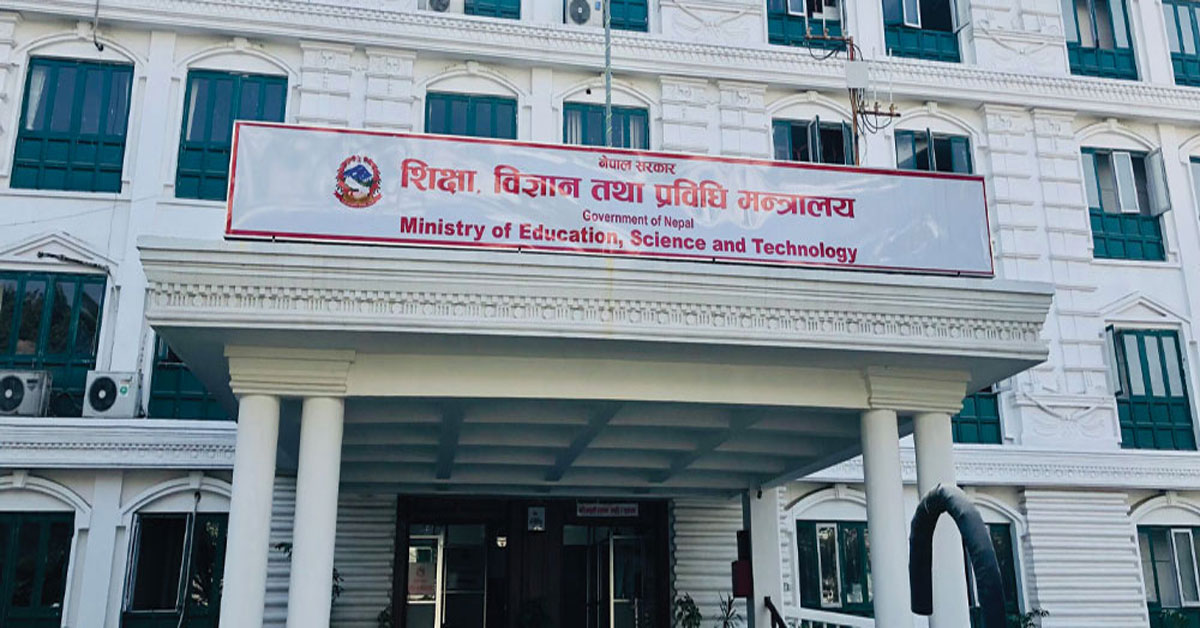
Legal Framework to Recognize Skills as Educational Qualification
Nepal is preparing a legal framework to provide pathways for individuals with sufficient professional skills but lacking academic qualifications to access higher-level jobs or enroll in educational institutions.
The Ministry of Education, Science, and Technology is coordinating with the University Grants Commission (UGC), the Council for Technical Education and Vocational Training (CTEVT), and the Education and Human Resource Development Center to implement this initiative.
Once enacted, this system will allow individuals with professional skills equivalent to higher educational levels to access corresponding jobs or directly enroll in schools, technical institutions, or universities.
National Qualifications Framework (NQF)
The concept, named the National Qualifications Framework (NQF), has been under consultation and discussion for implementation. Although the Cabinet approved it in 2077 BS, it has yet to be executed.
For example, an individual who passed the Secondary Education Examination (SEE) but did not complete Grades 11 and 12 yet gained professional expertise equivalent to a bachelor's degree can directly enroll in a bachelor's program.
According to Joint Secretary Anil Prasad Nyaupane, such individuals will also be eligible for higher-level jobs after their skills are certified.
This system prioritizes work experience over formal education, benefiting citizens who have advanced their careers through practical skills.
Levels of Qualification
The NQF divides qualifications into eight levels:
-
Level 1: Equivalent to Grades 1–3
-
Level 2: Equivalent to Grades 3–5
-
Level 3: Equivalent to Grades 5–8
-
Level 4: Equivalent to Grade 10
-
Level 5: Equivalent to Grade 12
-
Level 6: Equivalent to a bachelor's degree
-
Level 7: Equivalent to a master's degree
-
Level 8: Equivalent to a PhD
These levels ensure professional skills are recognized alongside academic qualifications.
Implementation and Certification
The Ministry is drafting a National Qualifications Framework Act to formalize this process. Three bodies—the UGC, CTEVT, and the Education and Human Resource Development Center—are working on methods to classify individuals' skills and certify their equivalent levels.
According to UGC Member Secretary Prof. Dr. Devraj Adhikari, their research is in the final stages, focusing on integrating skills into the framework. The framework also proposes establishing a high-level body or committee to evaluate and certify individuals’ skills.
The law will ensure that knowledge and skills gained formally or informally are tested and recognized, determining their equivalence to educational qualifications.
Key Objectives
The framework aims to:
-
Expand access to school, technical, and university education for all citizens.
-
Facilitate transitions between different streams of education.
-
Certify informal knowledge and skills for access to formal and higher education opportunities.
This initiative creates opportunities for individuals to pursue jobs and higher education based on their proven skills, bridging gaps between formal education and professional expertise.





